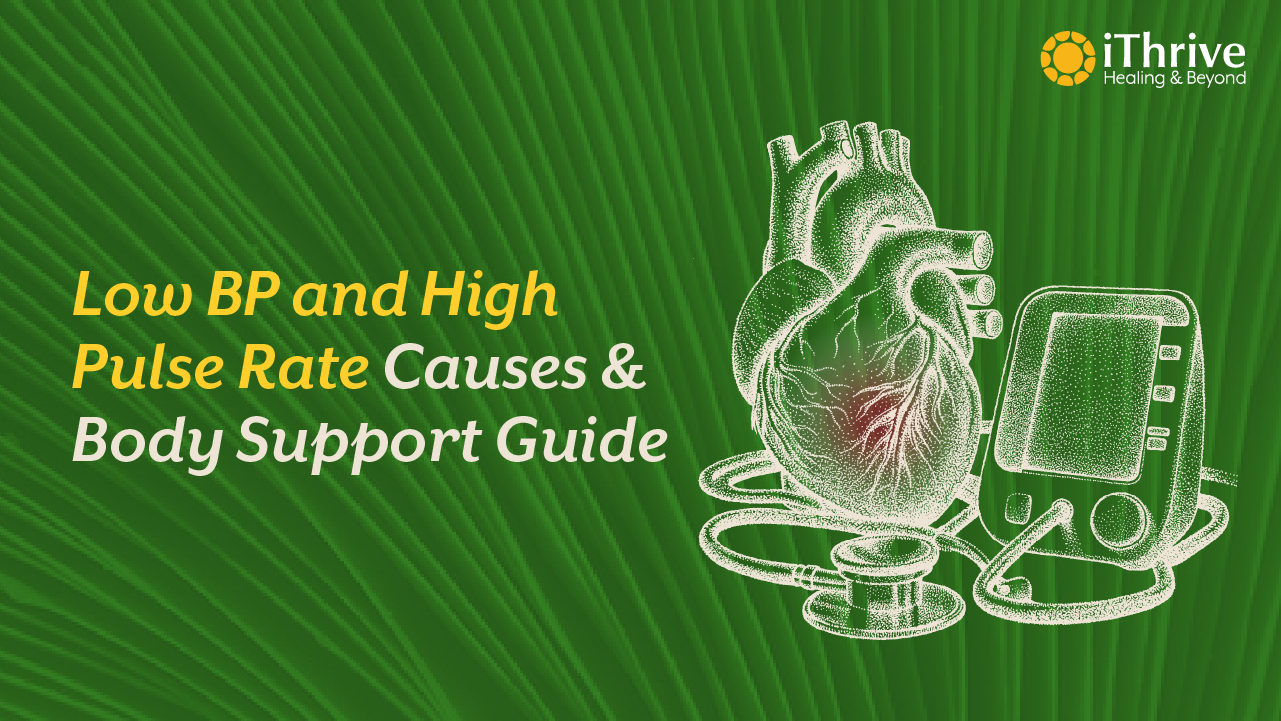A “food craving” is a strong desire to consume a certain type of food. Food cravings can occur suddenly or be related to alertness in the senses, like seeing, smelling, or hearing about certain foods. For example, hearing from someone about a doughnut place can trigger a craving for a doughnut. A food craving can occur among individuals even when they are satiated 1.
Usually, there are two types of cravings: high-calorie food cravings and low-calorie food cravings. High-calorie foods consist of chocolate or chocolate-based items and savory foods like pizza and fast food. Fruits are the most commonly observed foods in low-calorie conditions. The history of craving specific foods is heavily influenced by cultural background.
An interesting fact is that high-calorie food cravings increase throughout the day and low-calorie food cravings decrease 2. Strong food cravings are associated with anxiety, boredom, or a dysphoric mood. 3
Stress and Food Cravings -
A hypothesis states that food cravings are usually linked to nutritional deficiencies, but evidence shows that the relationship between these two is relatively poor.
Nutritional deficiencies account for a small amount of these cravings and instead, psychological parameters account for more. According to Reward based stress eating model and Selye’s theory of stress, stress results from our body’s response to the activation of hypothalamic-pituitary-adrenocortical i.e. HPA axis. Activation of the HPA axis leads to the secretion of cortisol, a hormone that controls eating behaviours and patterns.
Typically increased stress results in reduced food intake but chronic activation of HPA can lead to the prolonged secretion of cortisol which in response may indicate food cravings 4. Stress has also been associated with increased secretion of ghrelin i.e., hunger hormone leading to increased cravings 5.
Reward System and Food Cravings-
Clinical studies have shown that certain foods that activate the reward hormone Dopamine are responsible for our food choices and behaviours. Foods heavy in omega-6 fatty acids, sugars, and salt are known as HFSS foods. These foods are also referred to as "hyperpalatable" foods. The hormones responsible for the development of cravings, such as leptin, ghrelin, cortisol, and dopamine, are secreted more readily when HFSS meals are consumed.
Many clinical studies have shown that eating foods high in sugar and omega-6 fatty acid on a regular basis can interfere with brain and hormone signalling leading to emotional eating, food-addictive behaviours or an inclination to comfort foods. Studies have also shown that eating hyper-palatable foods can disrupt the mechanism of the reward system in the brain, which in turn leads to an imbalance in the body’s natural hunger or satisfaction 5.

Cravings Due To Nutritional Deficiencies-

Other Factors That Induce Cravings:
- Food advertisements
- Sleep deprivation
- Exercise
- Hormonal imbalance
- Medications 5
Ways To Reduce Food Cravings:
- Adequate intake of protein
- Intake of fiber-rich foods
- Hydration
- Balanced & mindful meals
- Regular sleep pattern
- Exercise
- Reduce stress 7
References
Subscribe to our newsletter and receive a selection of cool articles every week





.png)


.webp)

.jpg)
.jpg)










